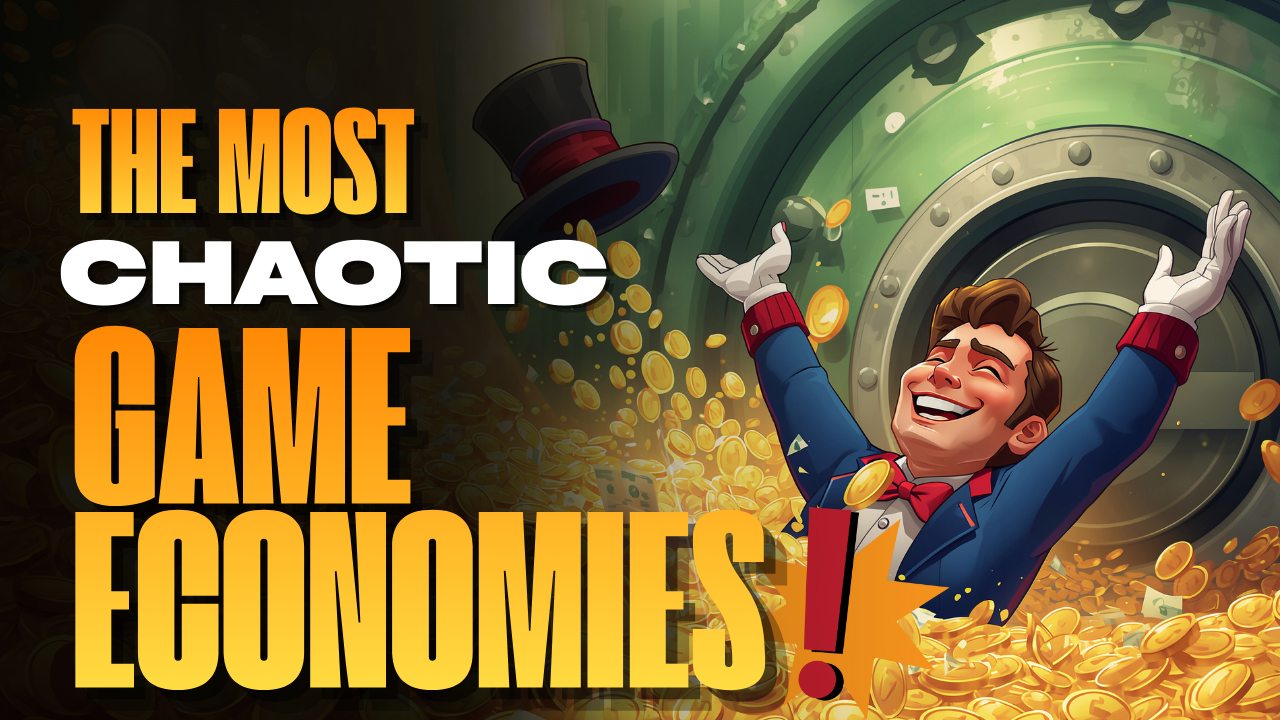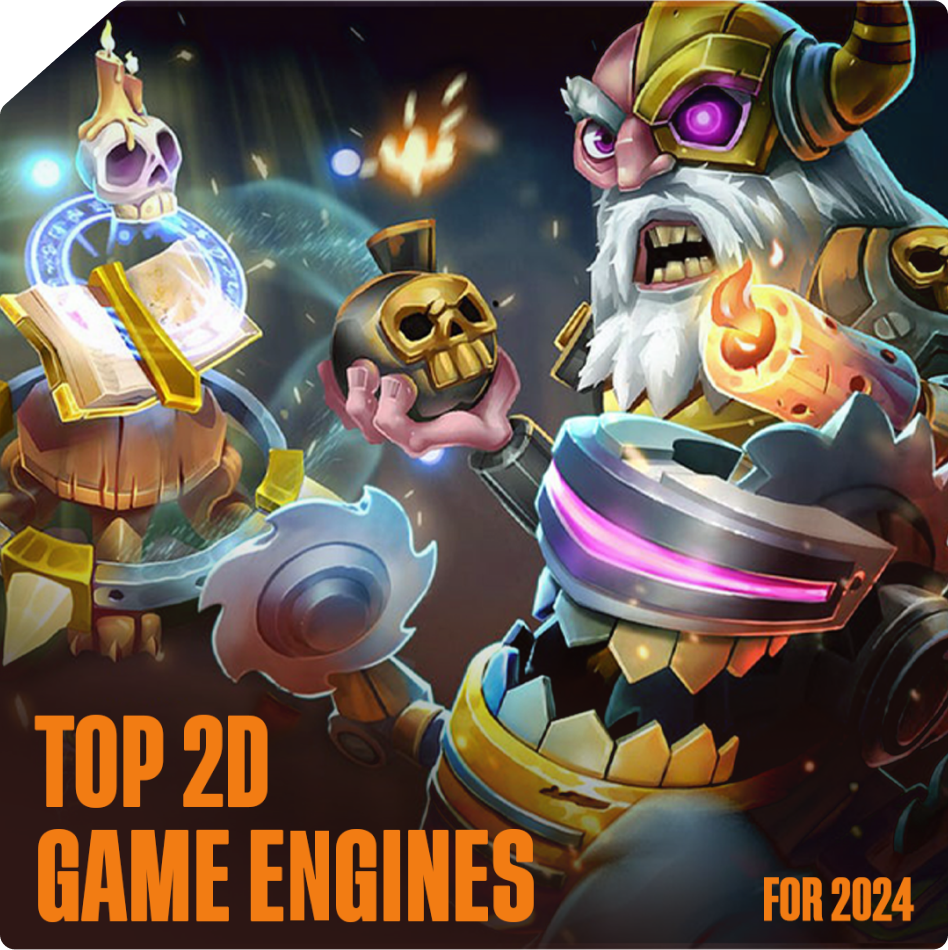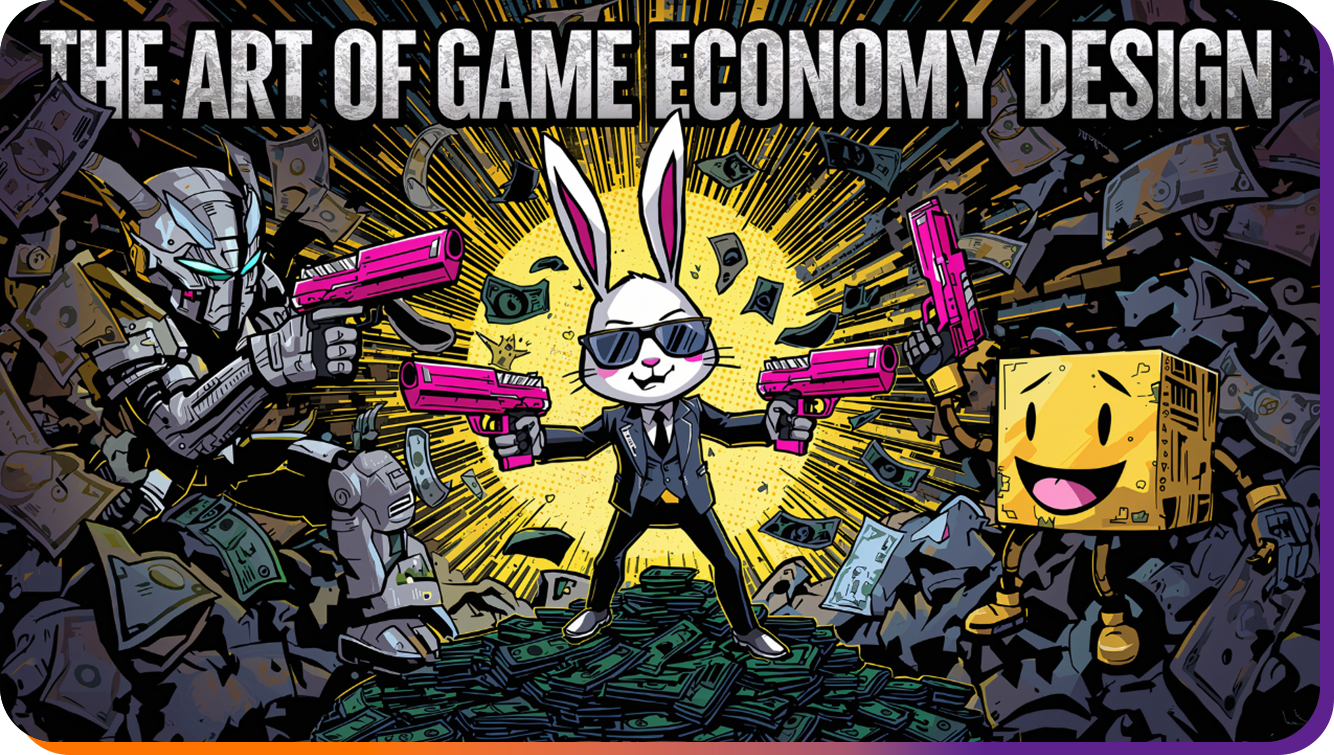Still the jack-of-all-trades in 2024, Unity shines bright for 2D games. What makes it special? First off, its 2D tools are rock-solid. You get a sprite editor, animation tools, and a physics engine that just works. Plus, the Asset Store is packed with resources that can save you tons of time.
Best for: Medium to large projects where you need flexibility and powerful features.
Watch out for: The learning curve can be steep if you’re new to coding.
If 2D games are your thing, GameMaker Studio 2 feels like it was made just for you. It’s got drag-and-drop features for beginners, but don’t let that fool you – under the hood, it’s powerful enough for pro developers too.
Best for: Pure 2D games, especially if you’re making your first game.
Watch out for: The price tag on different platform exports can add up.
The rising star of game engines, Godot is like the indie developer’s best friend. It’s completely free, open-source, and surprisingly powerful for 2D games. The node-based system might seem weird at first, but once it clicks, you’ll love how intuitive it feels.
Best for: Independent developers and small teams who want complete control without spending a dime.
Watch out for: The community is smaller than Unity or Unreal, so finding solutions to problems might take longer.



